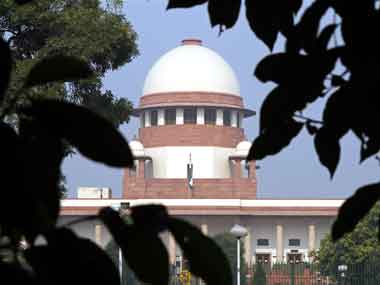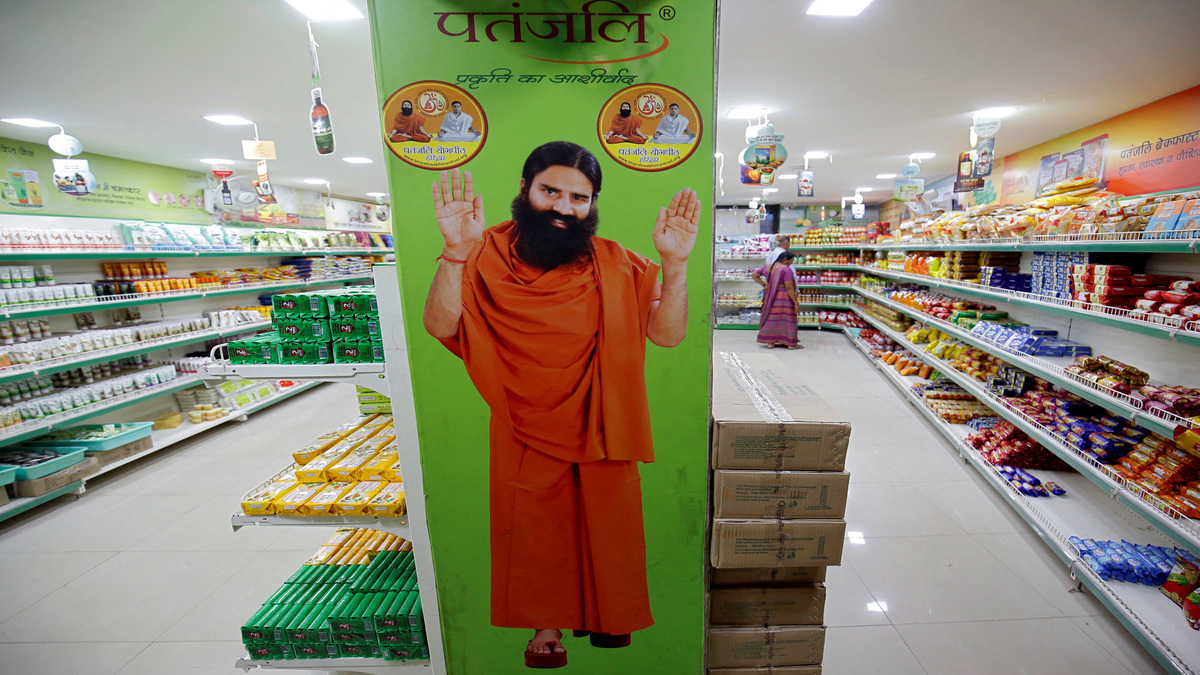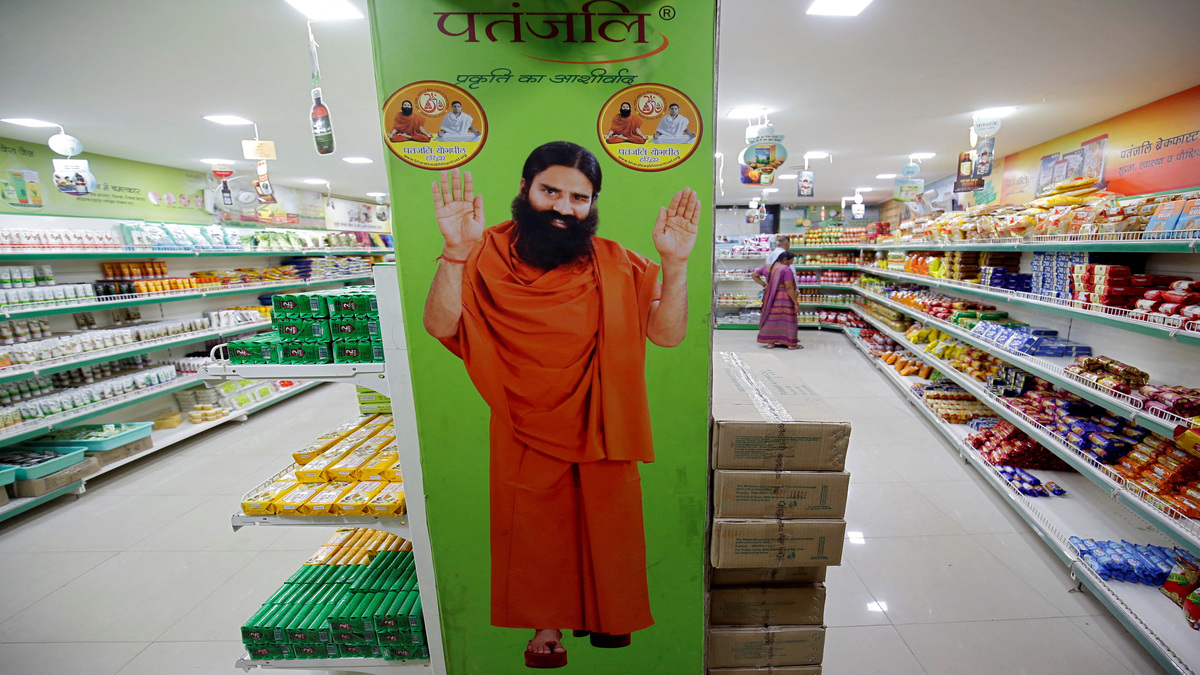New Delhi: Relying on a medical board’s report, the Supreme Court on Tuesday rejected a woman’s plea seeking termination of her foetus fearing genetic disorder.
The 37-year-old woman wanted to abort her 23-week-old foetus fearing it suffered from Down syndrome. However, the court said that there was no danger involved to the life of the mother and child if the pregnancy was continued.
A division bench of Justice SA Bobde and Justice L Nageswara Rao in an interim order took note of the report that the foetus, which was now 26 weeks old, has chances of surviving.
It said: “In these circumstances, it is not possible to grant permission to terminate the life of the foetus.”
The court said as per the report by the medical board, “mother has no physical risk in continuation of pregnancy. As far as foetus is concerned, the baby born with Down syndrome was likely to have mental and physical challenges.”
The report clearly did not (possibly could not) observe that this particular foetus would have severe mental and physical challenges, said the bench.
Appearing for the petitioner, senior advocate Colin Gonsalves sought termination of the foetus, saying as per the medical report the child was likely to have severe mental and physical challenges.
The Centre also opposed the plea of the woman, saying the board did not favour abortion.
The bench observed that it was sad that a mother has to bring up a severely mentally retarded child.
Down syndrome is a congenital disorder which causes intellectual impairment and physical abnormalities.
Under the Medical Termination of Pregnancy (MTP) Act, 1971, a pregnancy could be terminated in the normal course if it was up to 12 weeks old.
Pregnancies between 12 to 20 weeks can be terminated if in the opinion of two doctors the continuation of the pregnancy would involve a risk to the life of the pregnant woman.
In her plea, the mother-to-be said that the law allowed termination of pregnancy in extreme cases if it caused grave injury to the physical and mental health of the pregnant woman and if there was a substantial risk of the child suffering from physical and mental abnormalities after birth.
She contended that Down syndrome was not curable and could cause physical and mental retardation to the child who would not have a normal and healthy life.
During the hearing when senior advocate Colin Gonsalves, who was representing the woman, insisted that the lady should be allowed to terminate the foetus, the bench said, “everybody knows that children with down syndrome are undoubtedly less intelligent, but they are fine people.” When the counsel referred to the report and quoted the doctors as having said that there was a possibility of severe mental retardation, the bench observed, “undoubtely this syndrome affects the mind, but is the degree of retardation such (that) it warrants termination of life of foetus”.
Gonsalves said that another bench of the apex court is hearing a separate matter in which validity of the provision of Medical Termination of Pregnancy Act is under challenge. The bench, which declined the plea of woman to undergo medical termination of pregnancy, tagged her plea with the matter pending before another bench. When the counsel referred to the report of the medical board, the bench said, “With this report, we don’t think we are going to allow the termination of pregnancy”.
“We have a life in our hands. If you want us to consider the constitutional challenge to the Act, we will consider it,” the bench said, adding “we will tag your plea with the other matter”. Solicitor General Ranjit Kumar, representing the Centre, opposed the plea and said termination of pregnancy should not be allowed in view of medical board’s report. At the fag end of hearing, Gonsalves said the trauma of the mother to nurture a child suffering from Down Syndrome should also be considered. To this, the bench said, “It is a sad thing to expect such a child.”
The woman had said in her plea that this disorder could cause physical and mental retardation and the child would not be able to lead a normal and healthy life. In a separate case, the apex court had on 7 February allowed a 22-year-old woman to terminate her 23-week pregnancy on the ground that it would endanger her life. In another case, the apex court in January had allowed a Mumbai-based woman, who was in her 23rd week of pregnancy, to terminate her pregnancy while taking into consideration the report of a hospital which had suggested that the foetus would not be able to survive without the skull.


)




)
)
)
)
)
)
)
)